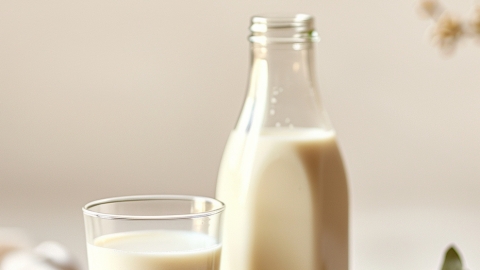Can milk and pomegranate be consumed together?
Generally speaking, milk and pomegranate can be consumed together, as long as the quantity is moderate. A detailed explanation is as follows:

Consuming milk and pomegranate together does not produce harmful substances, and their nutritional components can complement each other. Milk is rich in high-quality protein and calcium, providing energy and nutrients necessary for bones. Pomegranate contains vitamin C and dietary fiber, which help supplement vitamins and promote intestinal motility. Although the organic acids in pomegranate may react with the protein in milk, causing the protein to coagulate into small clumps, this coagulation is non-toxic. Digestive enzymes in the human gastrointestinal tract can normally break down these clumps, so it does not affect nutrient absorption or cause discomfort.
When consumed together, the total quantity should be controlled to avoid excessive burden on the gastrointestinal tract. Individuals with weaker digestion may first try a small amount and observe whether discomfort such as abdominal bloating occurs. It is recommended to choose room-temperature milk and avoid consuming pomegranate directly after taking it out from the refrigerator to reduce gastrointestinal irritation. Ensure the pomegranate is thoroughly washed and the milk is fresh to guarantee food safety.









